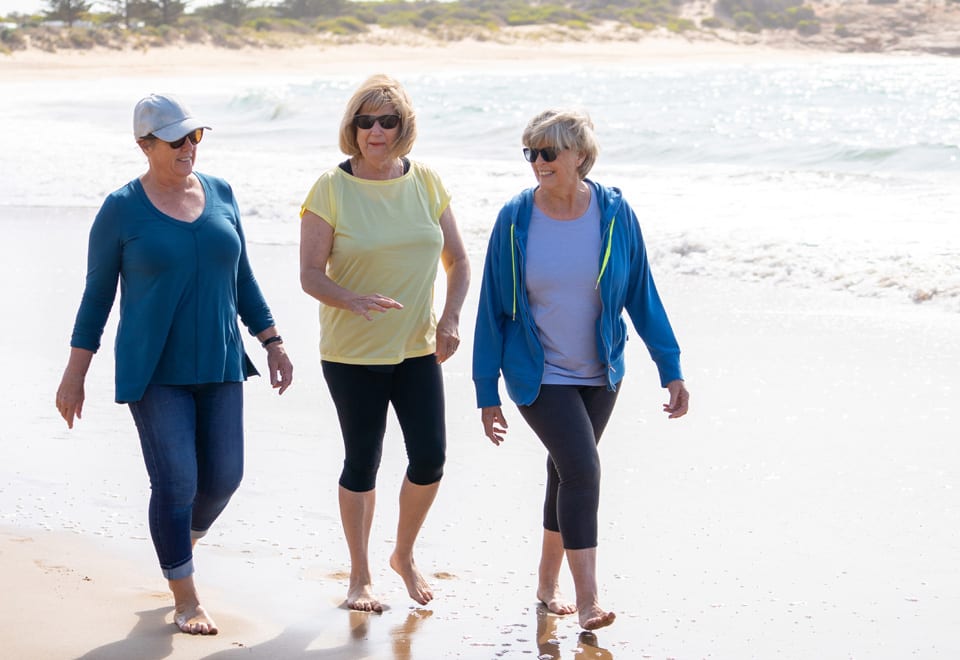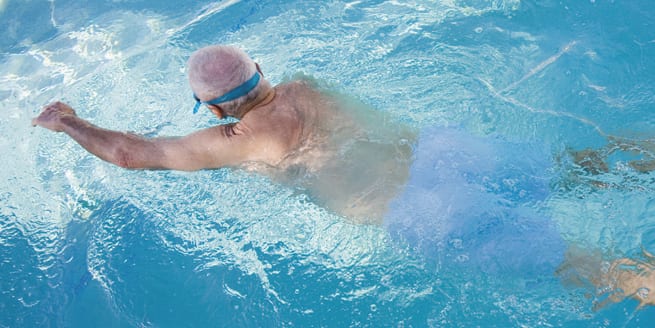Getting back into a fitness routine
For many of us, it can be challenging trying to get back into a fitness regime after a long break. For others, it could be a lack of fitness motivation. Explore the different ways of how to get back into your fitness routine after a longer break.
The early bird catches the worm

Don’t put off what can be done now. It is in our nature to fill up our days with a lot of things to do, often at the expense of things most important such as exercising. Being physical early in the day not only keeps the remaining day free, but also gives your body a great warm-up. If you’re sitting on the fence about starting a morning workout routine, it’s time to start now. There are many benefits of exercising earlier in the day such as boosting your energy throughout the day and avoiding fatigue, increasing alertness and focus; and putting you in a better mood for the day. Not only is exercise in the morning good for you but it also helps to keep you focussed as you have fewer distractions. On hot summer days, morning exercise is best as you can beat the heat. Struggling to wake up early? Here’s how to train your brain into waking up early.
Break them into smaller goals
If you’re feeling stuck and unmotivated, break your big goal into smaller steps or tasks. A good idea is to make an “Exercise Month Calendar” and fill 30 days of the month with small exercise challenges. For example, 15 squats on day one, 1,000 steps on day two or 10-minute walk on day three. Be creative with your challenges and mix it up. Each day, commit to ticking off the challenge and before you know it you’ve been active for 30 days in a row. Note that these challenges are meant as additional amounts of daily physical activity on top of what you normally undertake and not act as a replacement amount.
Keep it small, actionable and simple. It is easier for you to start building confidence and momentum. Ticking off that first challenge will bring you a sense of reward and motivate you to keep going. This is also a good tactic for forming new habits. According to research, it takes around two months or 66 days for a habit to stick.
Sneak exercise into your day

Whether it is taking the stairs, parking a bit further from the shopping centre or walking to local shops instead of driving. Any extra minutes of walking assists with keeping PA (Physical Activity) levels up and helps with any weight loss goals. Did you know walking burns around 330 calories per hour whilst sitting only 139 calories per hour? If you find it hard to remember to move and exercise during the day, set up a reminder on your phone or use smart technology to help you remember such as smart watch or Alexa. Need help with setting things up? ACH Group’s smart technology Occupational Therapist (OT) can assist.
Power in numbers
Seek your friends or family to assist. Getting back into fitness is always easier when you’re doing it with someone else. It will motivate you and give you a sense of accountability when exercising with a friend. By doing it with a friend or family, exercising can be more fun and social. There are many ways you can sneak exercise into a catch up with a friend. Instead of sitting down for a coffee, why not take a walk around the park or go for a hike? Exercising with friends offers many benefits to your mind and body. You are more likely to stick to your routine and work harder when someone else is doing it with you.
ACH Group offers health and wellbeing services, including exercise groups, Tai Chi, Fit Ball to help you stay healthy and active as you age. Joining exercise groups helps you stay active as well as socially connected.
Keep it fun

One way to help you get back into your fitness routine is to do something you love.
If you don’t like walking but love the beach, why not take a walk on the beach? There are many ways you can make exercise and staying active more fun for you such as dancing, bowling, hiking, bike riding, walking your dog, or swimming.
Find something you enjoy doing so it doesn’t seem like you’re exercising or a ‘chore’. If you find it repetitive doing the same thing all the time, diversify the way you exercise to make it more fun.
ACH Group Health Studio 50+
If you’re looking for a customised exercise program designed by a professional healthcare practitioner, check out ACH Group’s Health Studios 50+.
ACH Group’s Health Studios 50+ specialise in health and well-being for people aged 50+ by bringing together allied health professionals, exercise and wellness groups in a purpose-built facility with equipment designed for ageing bodies.
Here you can find a wide array of services to help you restore and maintain good health as you age. This includes allied health, exercise groups, wellness groups and much more.
Interested to learn more? Contact us today.






